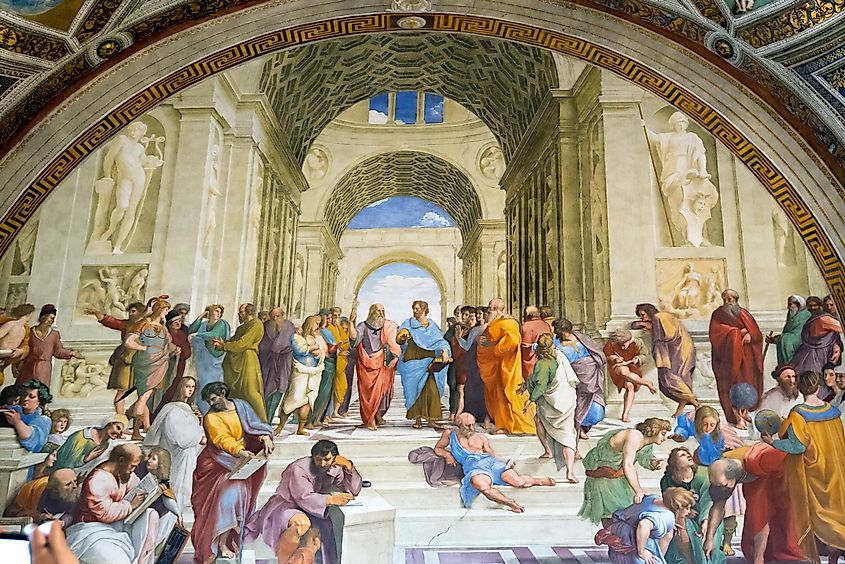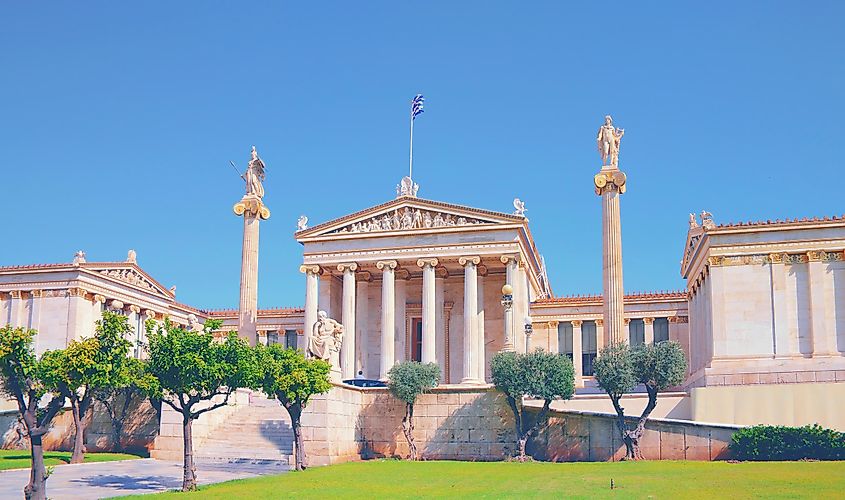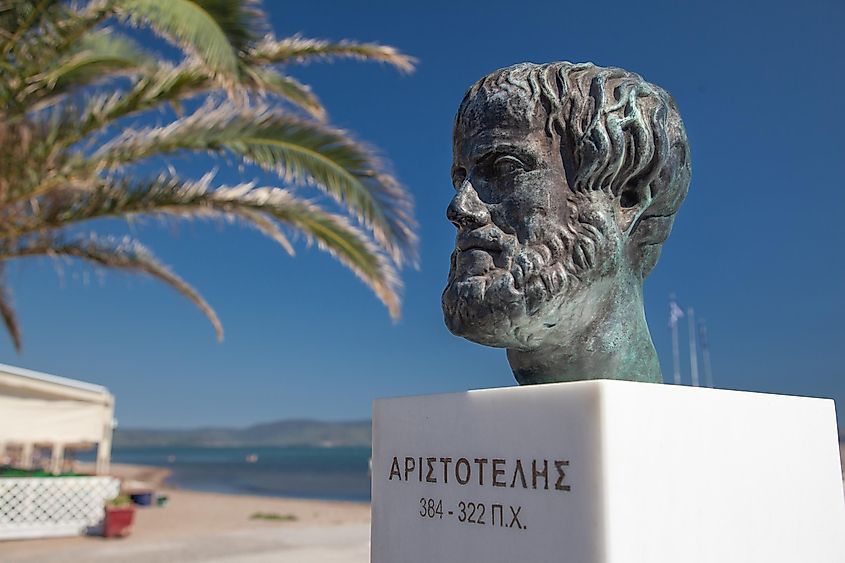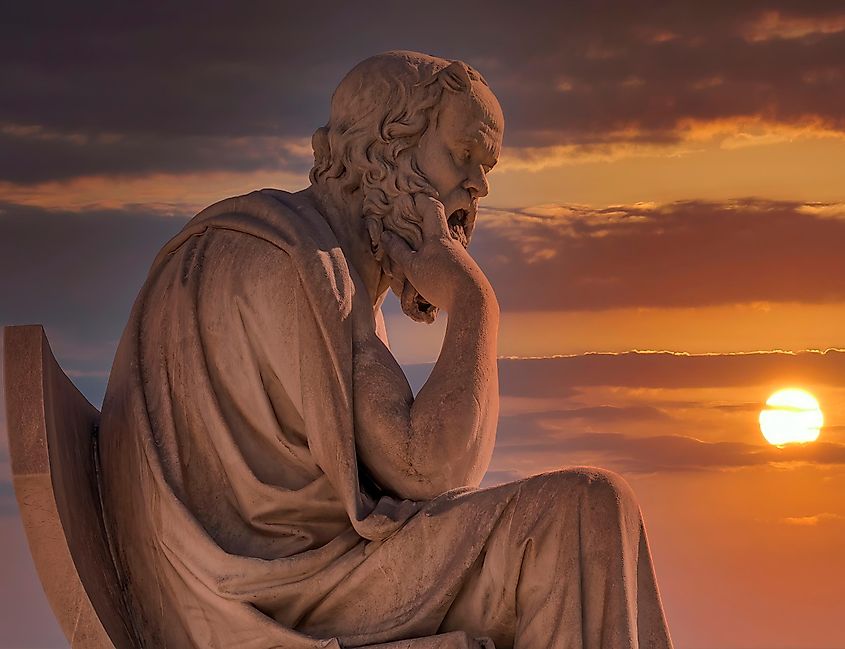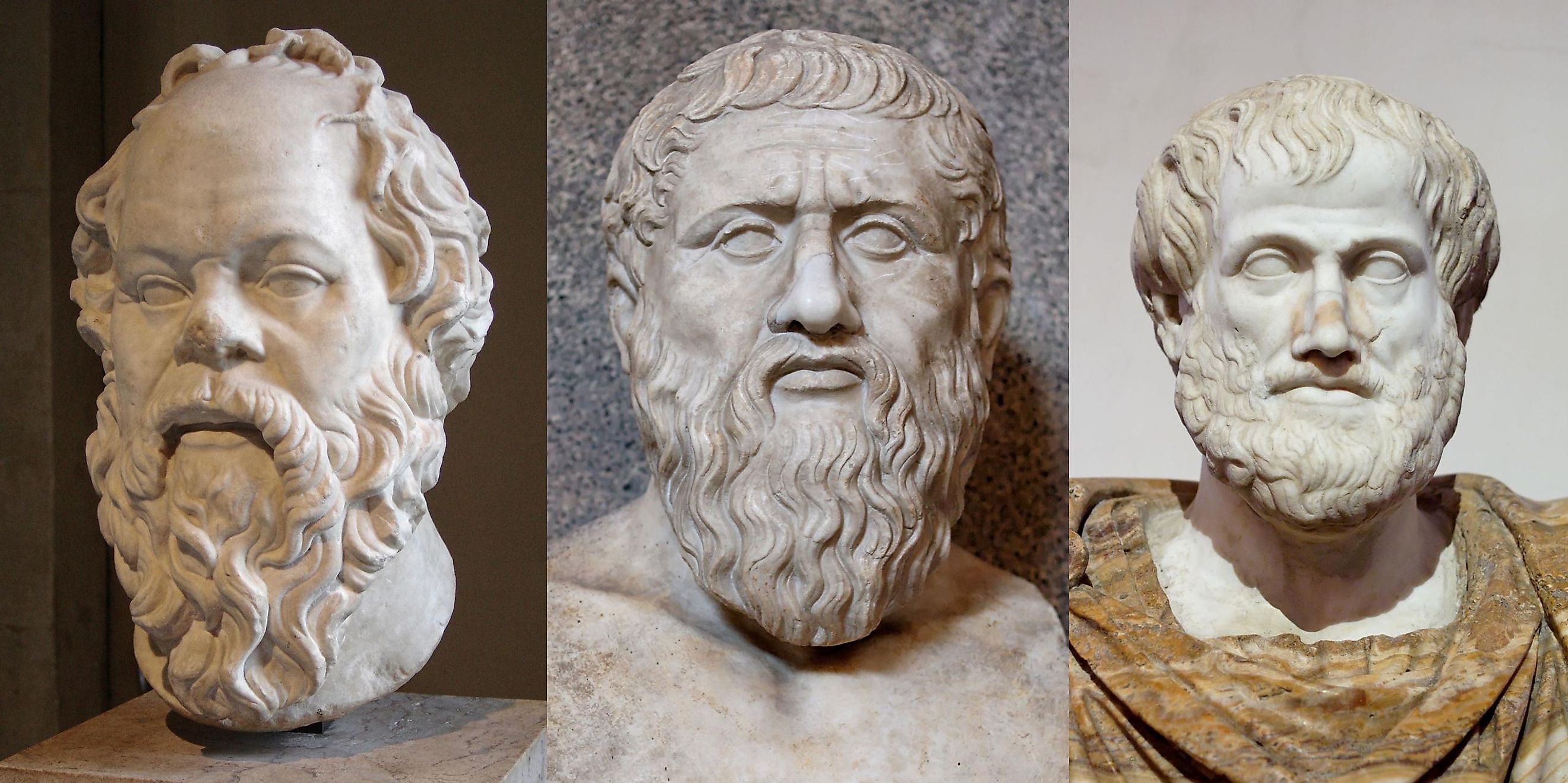
Did Socrates, Plato and Aristotle Really Exist?
In the annals of Western philosophy, few names command as much reverence and provoke as much intrigue as Socrates, Plato, and Aristotle. These figures stand as colossal pillars in the realm of philosophical thought, shaping not only the discourse of their times but also leaving an enduring legacy that continues to influence modern thinking. However, an intriguing question that often surfaces in scholarly circles and among history enthusiasts alike is whether these illustrious philosophers truly existed.
We will embark on an intellectual expedition to explore this question, delving into the lives and doctrines of Socrates, Plato, and Aristotle. We'll examine their lasting impacts on philosophical and political thought, consider who might have an interest in challenging their existence, and analyze their roles in the Greek city-states. This exploration is more than a historical inquiry; it is a quest to understand the foundational elements of Western philosophy and to evaluate the evidence of these philosophers' existence against the backdrop of historical records and scholarly research.
We will journey through time, examining the fascinating lives and enduring legacies of these legendary philosophers, and weigh the arguments for and against their historical existence.
Historical Context and Philosophical Doctrines
Socrates: The Enigmatic Philosopher
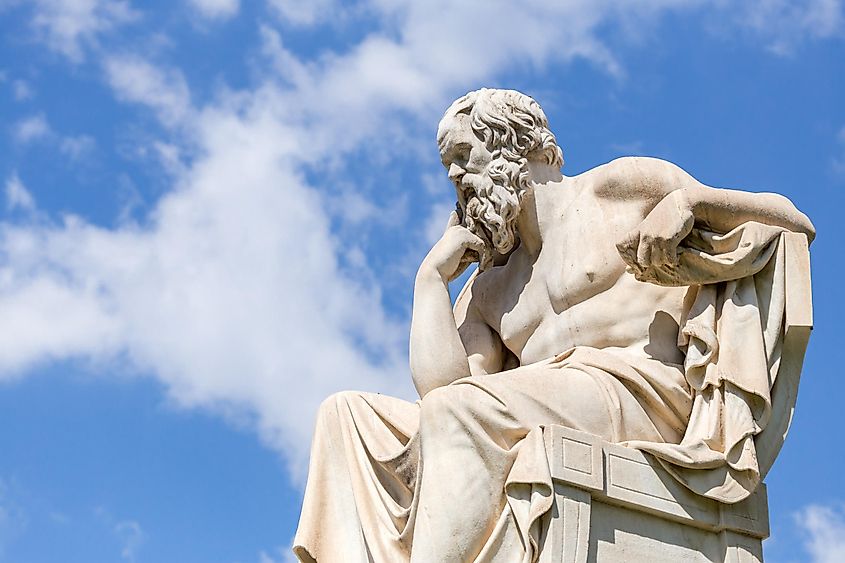
Socrates (470-399 BC), often regarded as the father of Western philosophy, remains an enigmatic figure primarily because he left no written records. Our understanding of his life and philosophy comes chiefly from the accounts of his students, particularly Plato and Xenophon and the playwright Aristophanes. Socrates lived in Athens during a tumultuous period marked by political strife and social change, which influenced his approach to philosophy and pedagogy.
Socrates' philosophical method, known as the Socratic Method, is characterized by a form of cooperative argumentative dialogue that stimulates critical thinking and illuminates ideas. His technique of questioning sought to expose contradictions in his interlocutors' thoughts and to guide them towards a more coherent and truthful understanding of various subjects, especially ethics and virtue.
His most renowned contributions include the concept of Socratic irony, his emphasis on ethics and the idea of the soul, and his belief in the importance of self-knowledge, encapsulated in his famous dictum, "Know thyself." Unlike his predecessors, who focused on cosmology and metaphysics, Socrates shifted the focus of philosophy to the human condition and moral philosophy.
Despite the lack of his writings, the detailed descriptions of his life, method, and philosophical inquiries in the works of his disciples, particularly in Plato's dialogues, offer substantial evidence of his historical existence. These writings not only immortalize his method of inquiry but also reflect the socio-political milieu of Athens, indirectly substantiating his presence in history.
Plato: The Visionary Founder of the Academy

Plato (427-347 BC), a student of Socrates and the teacher of Aristotle, stands as one of the most influential figures in Western philosophy. Born into an aristocratic Athenian family, Plato was destined for a political career but chose the path of philosophy after encountering Socrates. His founding of the Academy, one of the earliest known organized schools in Western history, marked a significant milestone in educational and philosophical history.
Plato's contributions to philosophy are immense and diverse. His theory of Forms or Ideas, which posits that non-material abstract forms possess the highest and most fundamental kind of reality, is one of his most profound ideas. In his famous work, "The Republic," Plato explores topics such as justice, the characteristics of an ideal society, and the role of the philosopher-king.
His dialogues, which often feature Socrates as a central character, are celebrated for their exploration of ethical, metaphysical, and epistemological issues. Through these dialogues, Plato not only immortalizes Socrates' dialectical method but also expands on it, presenting his own ideas in the guise of his mentor.
The existence of Plato, unlike that of Socrates, is well-documented, not only in his own extensive writings but also in the accounts of his contemporaries and later historians. His establishment of the Academy and his prolific body of work provide tangible evidence of his historical presence, leaving little room for doubt about his existence.
Aristotle: The Polymath of Ancient Philosophy
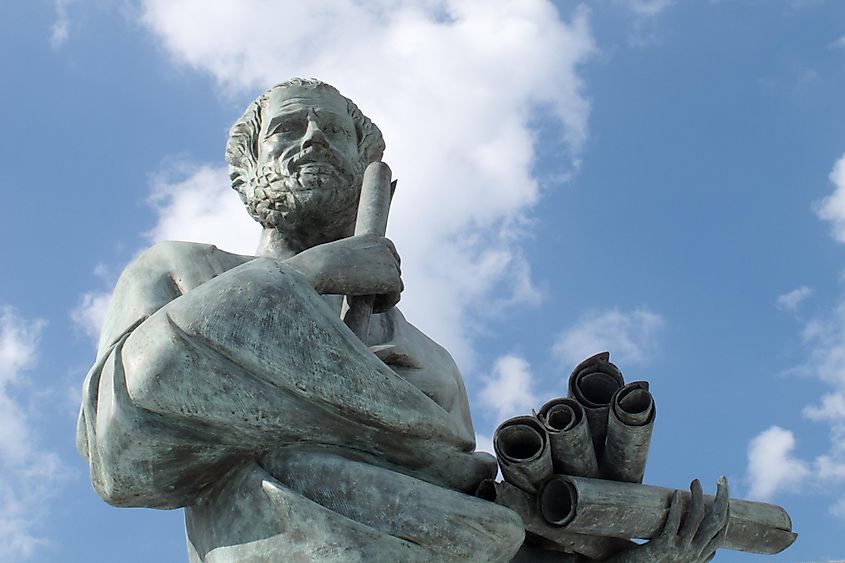
Aristotle (384-322 BC), a student of Plato and the tutor of Alexander the Great, is renowned for his vast intellectual pursuits that covered virtually every area of knowledge available in his time. Born in Stagira, a city in northern Greece, Aristotle's contributions span across philosophy, science, ethics, politics, and more, making him a true polymath.
Aristotle's approach to philosophy and science was markedly empirical, contrasting with Plato's idealism. He is credited with laying the groundwork for the scientific method through his emphasis on observation and analysis. His works, such as "Nicomachean Ethics," "Politics," and "Metaphysics," have been fundamental in shaping Western thought.
One of Aristotle's significant contributions is the concept of the 'Golden Mean,' advocating a balance between extremes in behavior and thought. His political theories, which explore various forms of governance and the role of citizens in a state, have been influential in shaping political philosophy.
The existence of Aristotle is well-documented, not only through his own extensive writings but also through historical accounts of his life, including his establishment of the Lyceum, another significant educational institution of the time. Unlike Socrates, Aristotle's personal writings have survived, providing direct evidence of his philosophical inquiries and contributions.
The historical evidence of Aristotle's existence, along with his tangible contributions to a multitude of disciplines, strongly affirms his place in history as a real and influential figure.
